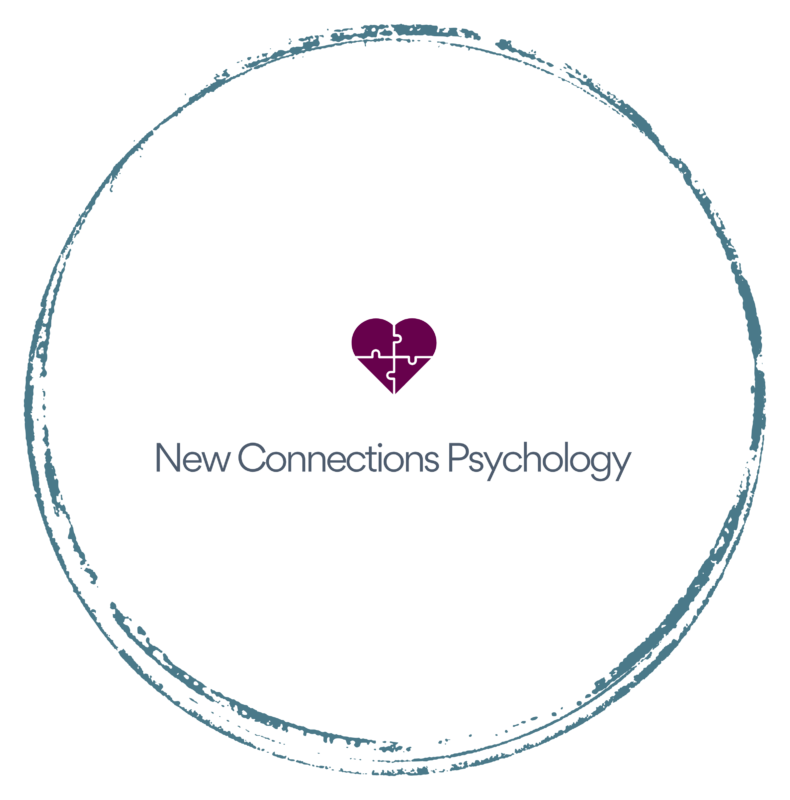Introduction
In the hustle and bustle of modern life, maintaining good health is often a challenge. The focus on physical well-being has always been apparent, but in recent years, there has been a growing realization of the intricate connection between physical and mental health. This relationship between our physical state, the food we consume, and our mental well-being is complex and fascinating. In this blog post, we will delve deep into the connection between physical exercise, diet, and mental health, exploring the ways in which they influence and complement each other.
The Influence of Physical Exercise on Mental Health
- Release of Endorphins
Physical exercise triggers the release of endorphins, often referred to as the body’s natural mood lifters. These neurotransmitters reduce the perception of pain and trigger positive feelings in the body, acting as a natural stress reliever. Regular exercise has been linked to reduced symptoms of depression, anxiety, and overall improvement in mood.
- Reduction of Stress and Anxiety
Engaging in physical activities helps in reducing stress and anxiety levels. Exercise increases the production of neurohormones like norepinephrine, which can help improve the brain’s ability to respond to stress. Regular physical activity can act as a buffer against the effects of stress, enhancing resilience and mental well-being.
- Improvement in Sleep Patterns
Adequate sleep is essential for both physical and mental health. Regular physical activity can improve the quality of sleep by promoting relaxation and reducing anxiety. Better sleep, in turn, leads to improved cognitive function and emotional well-being.
- Boost in Self-Esteem and Confidence
Engaging in physical exercise not only improves physical fitness but also boosts self-esteem and confidence. Achieving fitness goals, whether big or small, provides a sense of accomplishment, enhancing one’s self-worth and confidence. This improved self-image positively impacts mental health.
The Impact of Diet on Mental Health
- The Gut-Brain Connection
The gut-brain connection, also known as the gut-brain axis, refers to the bidirectional communication between the central nervous system and the gastrointestinal tract. A balanced and healthy diet nourishes the gut microbiota, which plays a crucial role in regulating mood and emotions. Certain foods, like probiotics and prebiotics, support a healthy gut environment, positively influencing mental well-being.
- Nutrient Deficiencies and Mental Disorders
Nutrient deficiencies, especially in essential vitamins and minerals like vitamin D, B vitamins, omega-3 fatty acids, and magnesium, have been linked to mental health disorders. A balanced diet rich in fruits, vegetables, whole grains, lean proteins, and healthy fats provides the body and brain with the necessary nutrients for optimal functioning, reducing the risk of mental health issues.
- Sugar and Mental Health
Excessive consumption of refined sugars and processed foods has been associated with an increased risk of depression and anxiety. Sugar spikes and crashes can negatively affect mood and energy levels. A diet low in added sugars and high in whole, unprocessed foods helps maintain stable blood sugar levels, promoting mental stability and emotional well-being.
The Synergy Between Physical Exercise and Diet
- Weight Management and Mental Health
Maintaining a healthy weight through a balanced diet and regular exercise is essential for overall well-being. Excess weight can lead to various physical health issues, including heart disease and diabetes, which are also risk factors for mental health disorders. By managing weight through a combination of exercise and diet, individuals can reduce the risk of both physical and mental health problems.
- Improved Brain Function
Physical exercise and a nutritious diet support optimal brain function. Exercise enhances neuroplasticity, the brain’s ability to reorganize and form new neural connections, while a balanced diet provides the necessary nutrients for cognitive processes. Together, they contribute to improved memory, focus, and overall brain health.
Getting Help Through Counselling
Seeking help through counselling is a courageous and empowering step towards mental and emotional well-being. Counsellors are trained professionals who provide a safe, non-judgmental space for individuals to express their thoughts, feelings, and concerns. Through empathetic listening and specialized techniques, counsellors assist in exploring and understanding one’s emotions, thoughts, and behaviours. They offer valuable insights and coping strategies tailored to individual needs, helping clients navigate challenges and find effective solutions. Whether dealing with stress, anxiety, depression, relationship issues, or any other emotional struggle, counselling provides a supportive environment where individuals can gain perspective, learn valuable life skills, and develop a deeper understanding of themselves. The process encourages self-discovery and personal growth, fostering resilience and empowering individuals to lead more fulfilling lives. Seeking help through counselling is a testament to self-care and a positive step towards a healthier, happier future.
Conclusion
The relationship between physical exercise, diet, and mental health is intricate and multifaceted. Engaging in regular physical activity, coupled with a balanced and nutritious diet, has a profound impact on mental well-being. Exercise acts as a natural stress reliever, boosts self-esteem, and improves sleep patterns, while a healthy diet nourishes the body and supports optimal brain function. By recognizing and harnessing the synergy between physical and mental health, individuals can embark on a holistic journey towards overall well-being, leading happier, healthier lives. So, lace up your sneakers, fill your plate with colourful, nutrient-rich foods, and take a step toward a healthier body and a happier mind.

